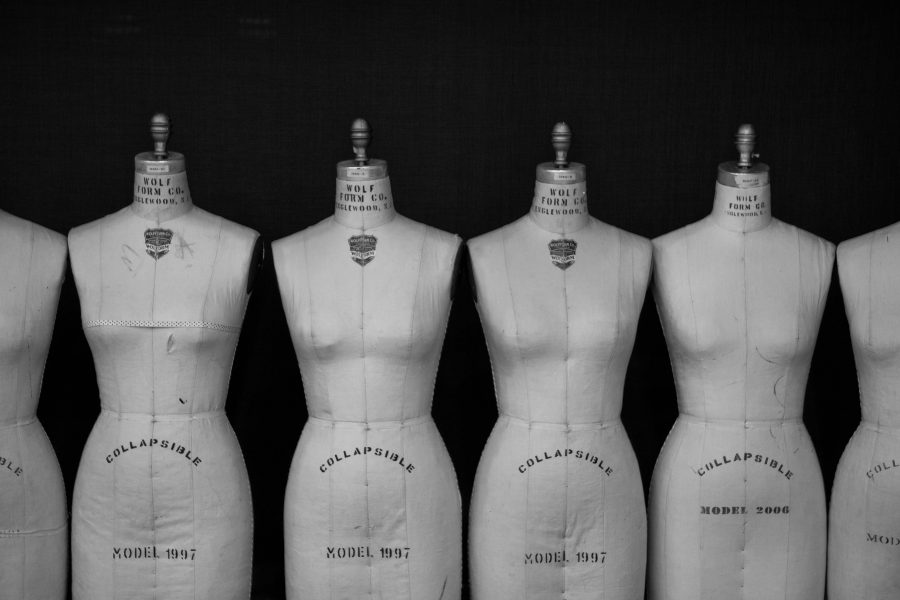Ashna Satpathy Call Me By Your Name, directed by Luca Guadagnino, describes the love story between Elio—played by Timothée Chalamet—and Oliver—played by Armie Hammer—that takes place in Northern Italy during the summer of 1983. Call Me By Your Name is not like other romantic movies that center around a major conflict between characters. Instead, Call Me By Your Name simply shows the romantic relationship between two young men. Unlike many other LGBTQ+ related films, Call Me By Your Name takes a unique stance on the topic, as the characters do not face any major obstacles due to their sexuality. Armie Hammer said in an interview with MTV News, “When I watch this movie, what I see are the base underlying emotions that every single human being feels. Regardless of your orientation or whoever you are with at the theatre, when you watch this and see two people purely and organically and without tension or punishment, you see two men just fall in love with each other…” This movie offers a different perspective on coming out and sexual identity because it completely normalizes these concepts and shows how these men are just like any other individuals in love. Anthony Lane writes, “They’re in keeping with the story of a love affair of mutual discovery that is sheltered from social circumstances, from prejudice, from hostility, from side-eyes or religious dogma—and that nevertheless involves heartbreak.” The movie did not focus too much on the character’s journeys to discovering their sexual identity, but instead focused on the actual love itself. Junior Lily Campbell believes that “the most important part of the movie is how Elio and Oliver never have to say ‘I’m gay’ or state anything definitive about their sexuality. In our society there’s too much pressure for people to ‘come out’ and define themselves, but neither Oliver nor Elio ever confine themselves to strict labels.” In fact, the process of coming out and coming to terms with their sexual identity is not very relevant or important to Elio and Oliver, symbolizing the idea that sexual identity is not always about defining yourself or struggling to come out but about finding someone that makes you happy, regardless of who they are or how society labels them. In the film, Elio’s parents never deeply discuss Elio’s affair with Oliver or how he sexually identifies. They never stop him from expressing his love because regardless of his choices, they still love him, making the concept of sexuality not just about labeling. Call Me By Your Name sets the bar high for other LGBTQ+ movies to potentially shift towards telling the love stories as just that—love stories—rather than focusing on how the characters identify. It is Elio and Oliver’s infatuation with each other that really makes this film remarkable, not how they identify. One of the heads of GSM, Annie Goldenberg, believes that “although the message behind the film is there and nothing but good intentions were put into the making of the film, it didn’t quite hit the mark when it comes to what it actually means to be LGBTQ+. The idea of not having to ‘label’ their sexualities could actually stem from a lack of acceptance/understanding of queer identities in the society they live in, where being open with your sexuality could be dangerous. Of course now, societal norms have changed, and with that, so have labels. Humans needed to label things to understand them, but now that urge is no longer necessary to survive.” Since being gay was still a taboo in the ’80s when the film took place, there were often no words to describe people’s sexualities. Elio and Oliver may have never deeply talked about their sexuality not because they didn’t care about labels, but because of the lack of conversation concerning different sexual orientations. Call Me By Your Name shows an idealistic version of gay love in the ’80s. In reality, this was not the case for many LGBTQ+ people during this time period. Being so openly gay and accepted just as Elio and Oliver were in the movie did not at all reflect the experiences of the vast majority of people in the ’80s. Despite this, I still respect this movie because it tells a rare love story of two individuals whose sexuality is not bound by social constraints. The film’s idealistic fantasy is in part what makes this movie entertaining, even though what occured throughout the film was not entirely realistic for the majority of people. I encourage students at Latin to watch this film and take the film’s theme into consideration when discussing sexual identification. Many students at Latin have already had a shift in how they view sexual identity and as a school community, it is important to not put a label on everyone in the LGBTQ+ community because like Elio and Oliver, a label is not always needed. Please keep in mind that these are my opinions as well as opinions from some other Latin students. It is completely okay to share a different opinion and open up the conversation to different angles. ]]>









































